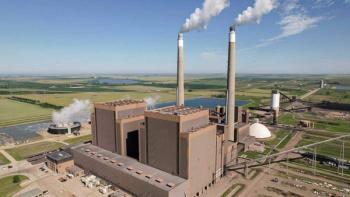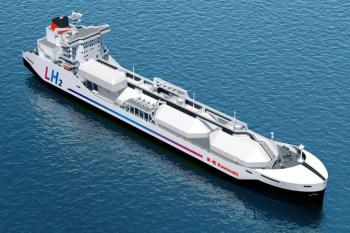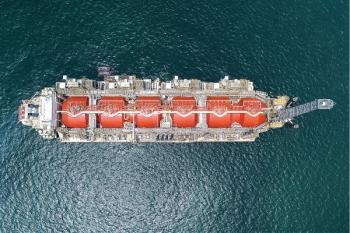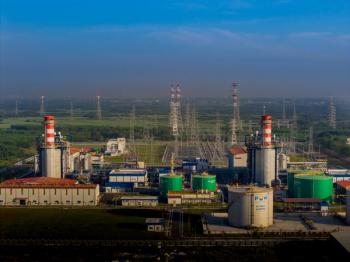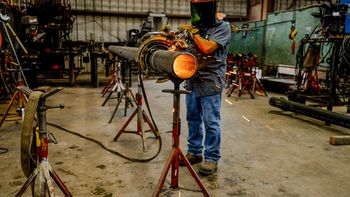
Ansaldo Energia, Enel, Leonardo Form Nuclear Research Company: Nuclitalia
Nuclitalia will focus on small modular reactors, evaluate sustainable nuclear power designs, establish requirements, and conduct technical-economic analyses.
Ansaldo Energia, Enel, and Leonardo founded Nuclitalia, a company to study advanced nuclear technologies and Italian market opportunities in the country’s emerging nuclear industry. The company evaluates mature, environmentally sustainable nuclear power designs for water-cooled small modular reactors (SMRs).
Nuclitalia will conduct detailed technical-economic analyses and outline specific requirements to select the best possible options and integrate nuclear within Italy’s system. In addition, it will curate industrial partnerships and co-design opportunities with a focus on technological innovation, economic and environmental sustainability, and strengthening the Italian supply chain. Enel holds over half (51%) of the company’s stakes, Ansaldo Energia 39%, and Leonardo 10%.
The Board of Directors, chaired by Ferruccio Resta, previous Rector of the Politecnico di Milano, is comprised of seven members from shareholder companies that were selected based on technical skills and industry experience. The shareholders have already established corporate offices and Luca Mastrantonio, Head of Enel's Nuclear Innovation business, will serve as Nuclitalia’s CEO.
The board members will contribute their technical skills and related expertise to grow Nuclitalia and, in the upcoming weeks, the company will establish a technical committee to support technological analyses.
Ansaldo’s Nuclear Work
In early September 2024,
SMRs are modular and flexible, while AMRs are fourth-generation nuclear fission reactors in the development stage. AMRs feature new cooling systems, such as molten metal, to improve performance and deliver new functionalities: co-generation, hydrogen production, fuel-cycle solutions, and nuclear waste management.
In July 2024, a consortium of
Per the MoU, partners will leverage EDF’s SMR technology, Edison’s expertise, and the engineering and industrial capabilities of Ansaldo Energia and Ansaldo Nucleare to establish a nuclear energy supply contract in the medium- and long-term. The consortium’s goal is to implement an energy transition that relies on a baseload, flexible energy source at fixed costs—this enables decarbonization while minimizing overall energy costs.
And in February 2024,
Newsletter
Power your knowledge with the latest in turbine technology, engineering advances, and energy solutions—subscribe to Turbomachinery International today.

